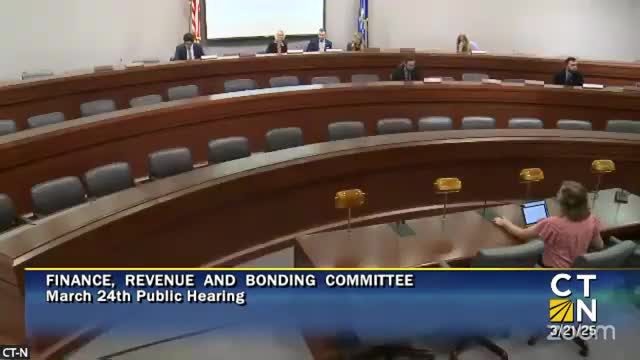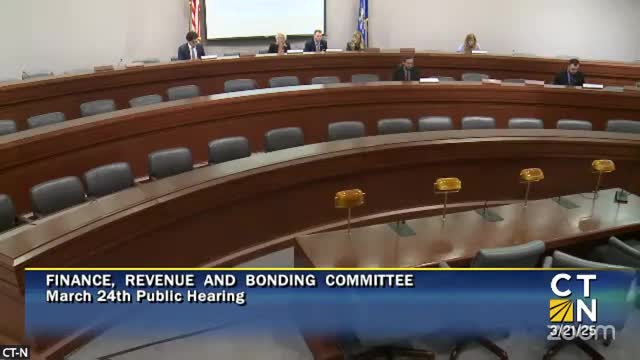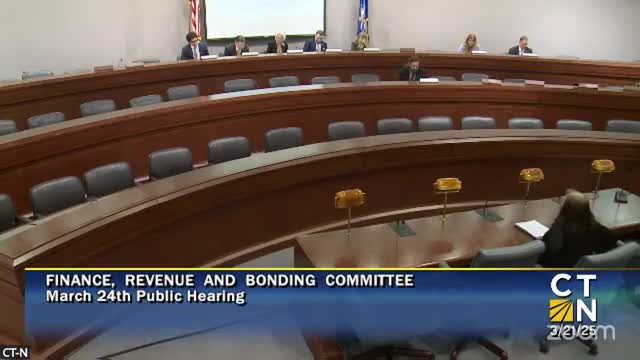Article not found
This article is no longer available. But don't worry—we've gathered other articles that discuss the same topic.

Coalition and labor leaders urge expanded tax study and bold revenue package amid federal cuts

Statewide proposal would create dedicated fund for routine school repairs; superintendents urge $30 million start

